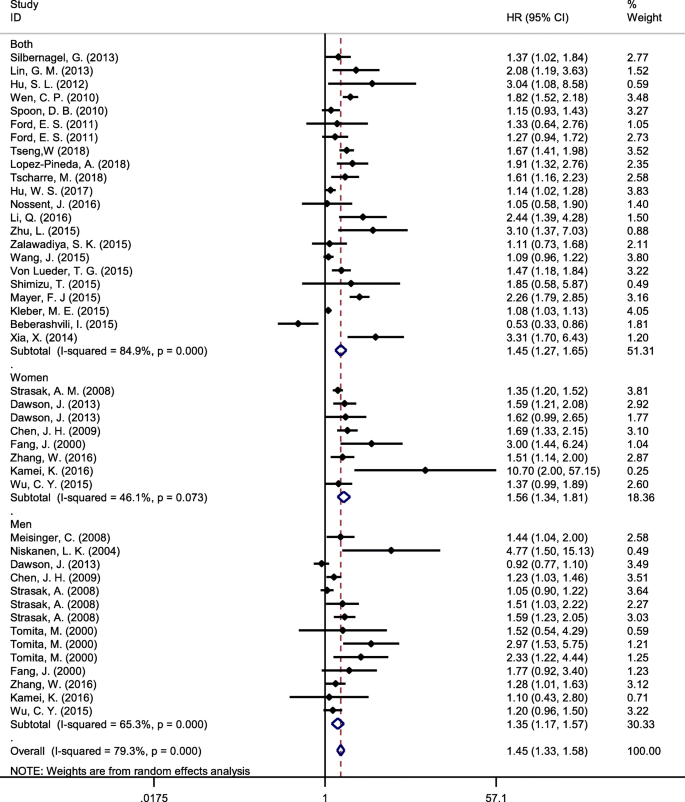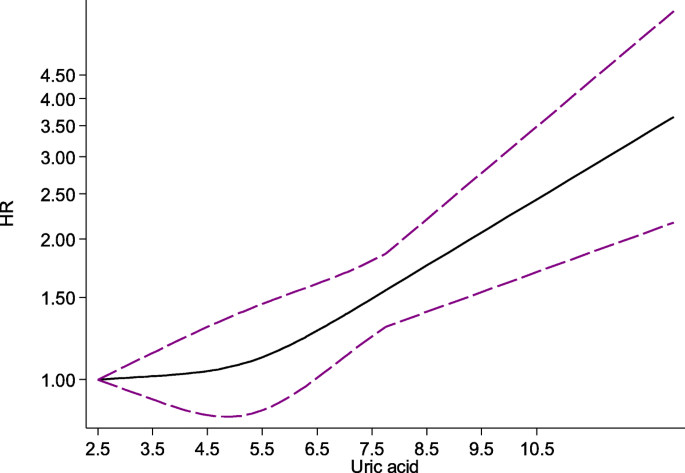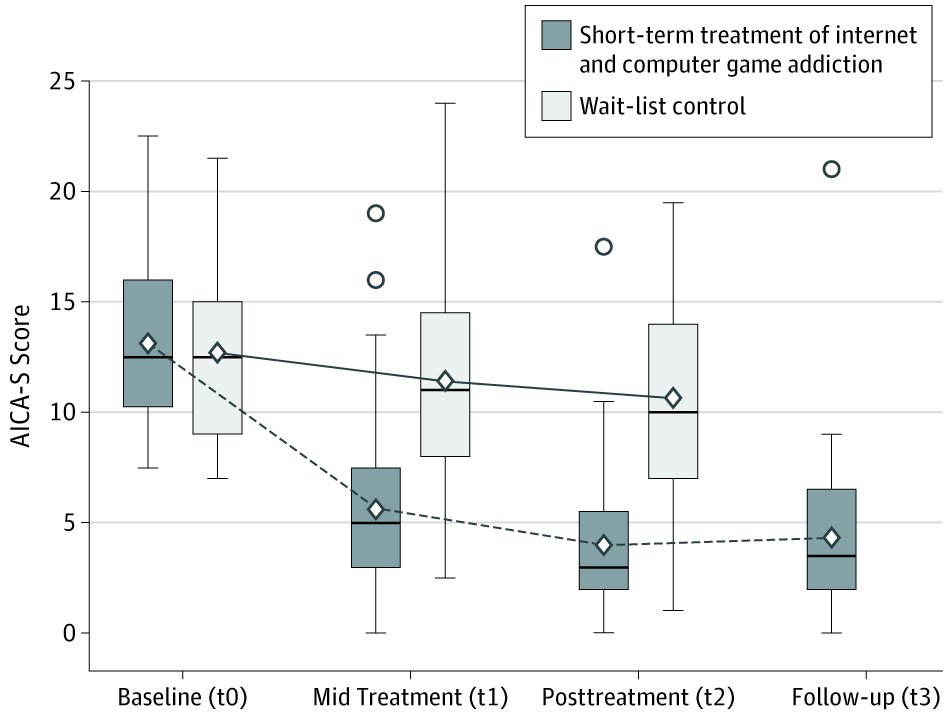結論:80歳を超える高齢者に対して、潜在性(無症候性)甲状腺機能低下症に対するレボサイロキシンのルーチン治療を支持できない
Association Between Levothyroxine Treatment and Thyroid-Related Symptoms Among Adults Aged 80 Years and Older With Subclinical Hypothyroidism
Simon P. Mooijaart, et al.
JAMA. Published online October 30, 2019. doi:10.1001/jama.2019.17274
https://jamanetwork.com/journals/jama/article-abstract/2753909
日本内科学会雑誌では85歳以上を除外
https://www.jstage.jst.go.jp/article/naika/99/4/99_707/_pdf
付録
Subclinical Hypothyroidism
A Review
Bernadette Biondi, MD1; Anne R. Cappola, MD, ScM2,3; David S. Cooper, MD4
JAMA. 2019;322(2):153-160. doi:10.1001/jama.2019.9052
Differential Diagnosis of Elevated Serum Thyrotropin
and Normal Serum Free Thyroxinea
Subclinical Hypothyroidism Due to Mild Thyroid Failure
Chronic lymphocytic thyroiditis (Hashimoto thyroiditis)
Inadequate levothyroxine replacement therapy for overt hypothyroidism
Following thyroid lobectomy
Following antithyroid drug or radioiodine therapy for hyperthyroidism Following external beam radiotherapy to the head and neck Infiltrative disorders such as amyloidosis and Riedel thyroiditis Following an episode of subacute (granulomatous) thyroiditis
Drug induced, especially in patients with underlying lymphocytic thyroiditis
Lithium carbonate
Iodine-containing compounds, including amiodarone Interferon alfa
Tyrosine kinase inhibitors, immune check point inhibitors
Physiological Transient Rises in Thyrotropin Levels
Recovery after severe nonthyroidal illness During recovery from various forms of thyroiditis
Following withdrawal of chronic levothyroxine therapy in a euthyroid individual
Seasonal (wintertime) increases in serum thyrotropin
Elevated Serum Thyrotropin Levels
That Are Not True Subclinical Hypothyroidism Common causes
Increases in elderly persons without thyroid disease
Increases in patients with marked obesity, typically with body mass index of more than 40
Uncommon causes
Anomalous laboratory results due to heterophilic antibodies or macroTSH
Untreated adrenal insufficiency
Abbreviation: TSH indicates thyroid-stimulating hormone (thyrotropin).
a1 Modified from Cooper and Biondi.
Subclinical Hypothyroidism Due to Mild Thyroid Failure
Chronic lymphocytic thyroiditis (Hashimoto thyroiditis)
Inadequate levothyroxine replacement therapy for overt hypothyroidism
Following thyroid lobectomy
Following antithyroid drug or radioiodine therapy for hyperthyroidism Following external beam radiotherapy to the head and neck Infiltrative disorders such as amyloidosis and Riedel thyroiditis Following an episode of subacute (granulomatous) thyroiditis
Drug induced, especially in patients with underlying lymphocytic thyroiditis
Lithium carbonate
Iodine-containing compounds, including amiodarone Interferon alfa
Tyrosine kinase inhibitors, immune check point inhibitors
Physiological Transient Rises in Thyrotropin Levels
Recovery after severe nonthyroidal illness During recovery from various forms of thyroiditis
Following withdrawal of chronic levothyroxine therapy in a euthyroid individual
Seasonal (wintertime) increases in serum thyrotropin
Elevated Serum Thyrotropin Levels
That Are Not True Subclinical Hypothyroidism Common causes
Increases in elderly persons without thyroid disease
Increases in patients with marked obesity, typically with body mass index of more than 40
Uncommon causes
Anomalous laboratory results due to heterophilic antibodies or macroTSH
Untreated adrenal insufficiency
Abbreviation: TSH indicates thyroid-stimulating hormone (thyrotropin).
a1 Modified from Cooper and Biondi.

















